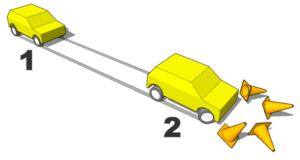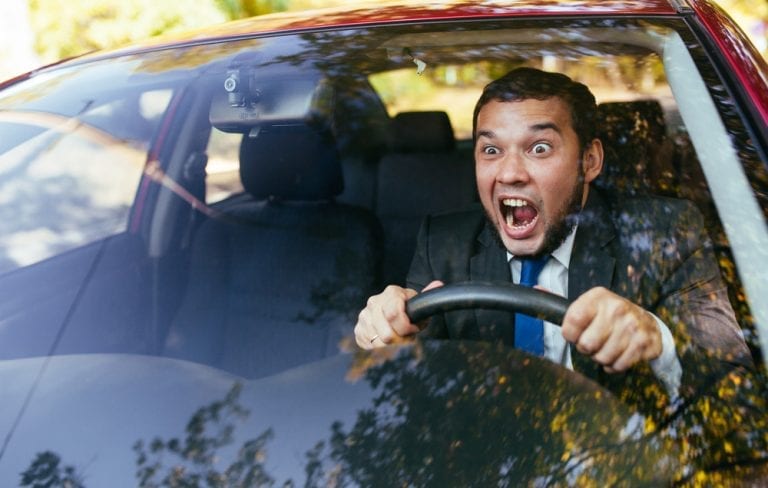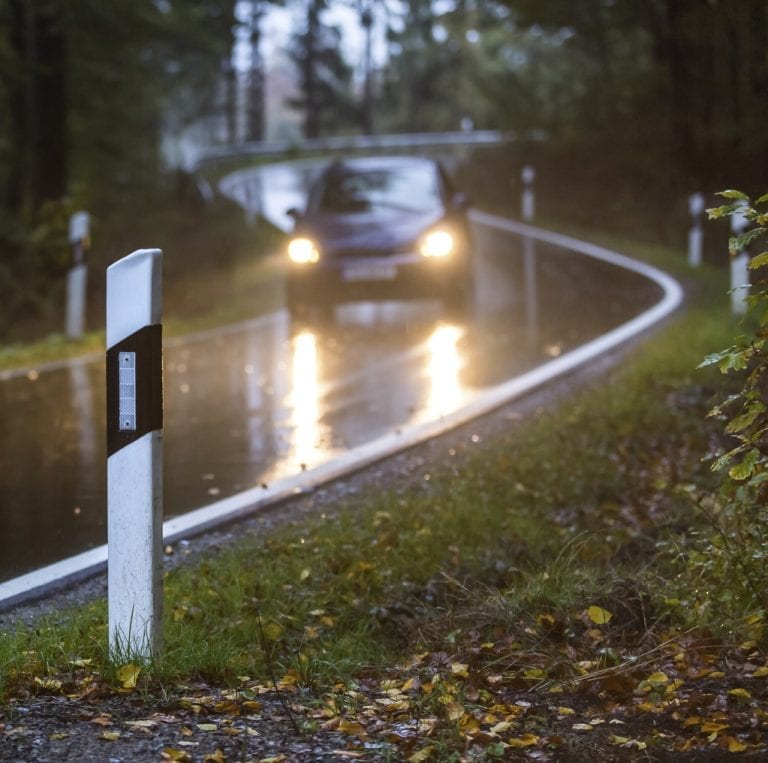ABS anti-lock braking system, is another automobile safety technology that keeps the driver in control of the vehicle and decreases stopping distances on both dry and slippery surfaces. When the driver hits the brakes a hydraulic system causes the brake pads to squeeze against the discs which causes the car to slow down. If the system detects that one wheel is slowing down faster than the other, it automatically reduces the brake pressure on that wheel. The system acts only on front wheels, but in some cars it can be applied on all of them depending on the car characteristics. For further details consult: http://www.drivingfast.net/abs


The ABS technology first started in 1920 and was designed for airplanes. In 1958 the system was applied on motorcycles. Later in 1960s a fully mechanical system was executed for the Ferguson P99 racing car. The system was implemented in three racing cars but had no further development, it was considered as expensive and unreliable. https://en.wikipedia.org/wiki/Anti-lock_braking_system

In the early 1970s, Chrysler, Ford and General Motors brought to life the first generation of automotive ABS units. At first they were only available in high end models like the Imperials, Continentals and Caddys, it wasn’t before the late 1970s that the technology became a standard equipment on every passenger vehicle. http://www.popsci.com/cars/article/2012-08/innovations-driving-anti-lock-brakes

Recent versions of ABS do not only prevent wheel lock under braking, they electronically control the front to rear brake bias, read more about it on https://en.wikipedia.org/wiki/Anti-lock_braking_system
Mike Rent a Car cares about your safety, providing the ABS technology in all its cars. Specifically, the Kia Rio 2017, Kia Cerato 2017 and the Hyundai Santa Fe 2016 that have a 4-channel ABS system.

